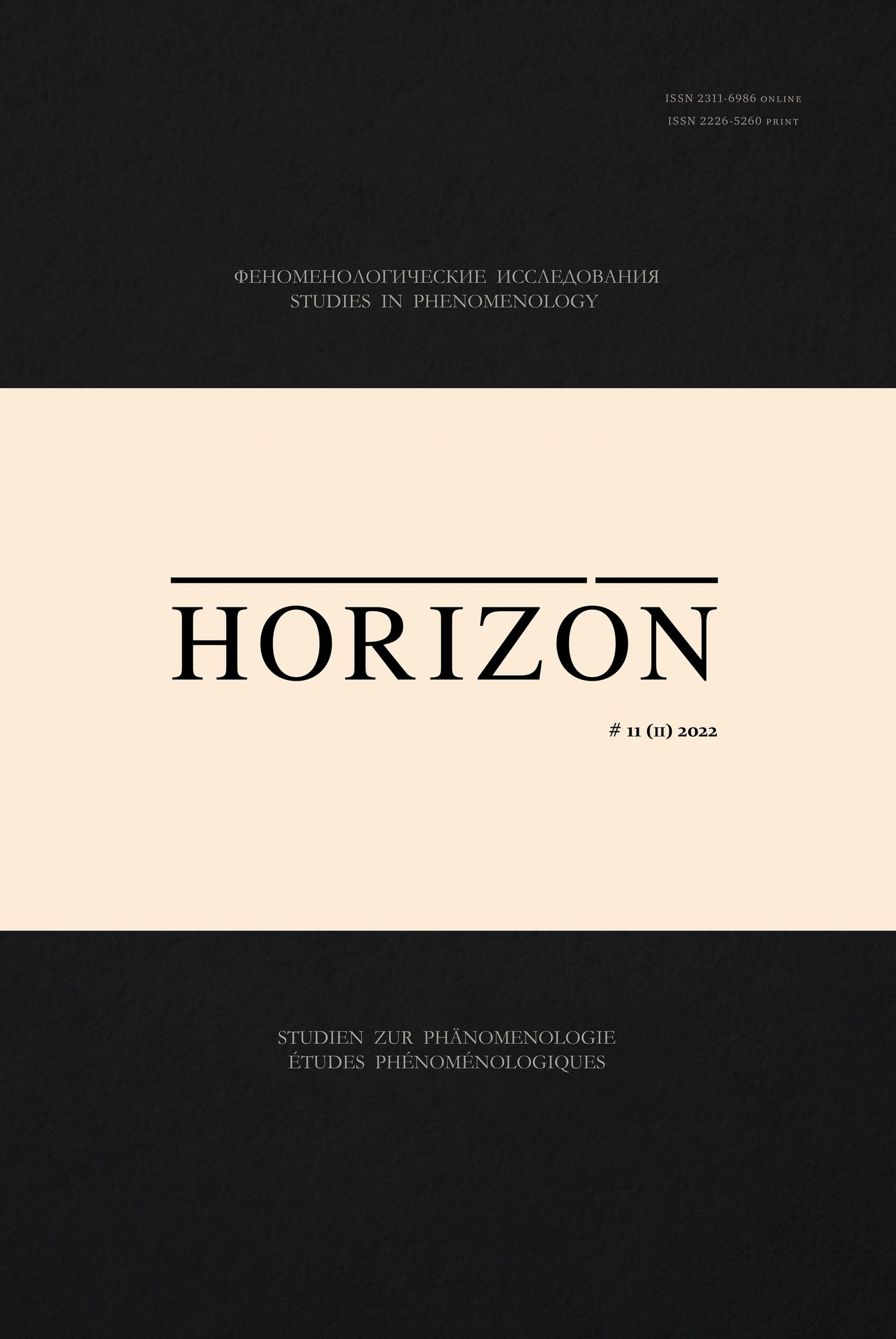Проблема категориального в феноменологическом анализе восприятия: Гуссерль и Хайдеггерр
THE PROBLEM OF THE CATEGORIAL IN THE PHENOMENOLOGICAL ANALYSIS OF PERCEPTION: HUSSERL AND HEIDEGGER
Author(s): Ekaterina MelnikovaSubject(s): Epistemology, Contemporary Philosophy, Phenomenology
Published by: Издательство Санкт-Петербургского государственного университета
Keywords: early phenomenology; ontology; categories; existentials; truth; identification; categorial intuition; signification; meaning; assertion;
Summary/Abstract: The article aims to show that the task of grounding categorial constituents in the specific founded acts of perception yields the problem field of phenomenological inquiry, within the framework of which remains Heidegger's project of fundamental ontology. To achieve this goal the article reconstructs, first, the problem of the possibility of a priori correspondence between meaning and intuition of the intentional act; second, the phenomenological justification of extension of the traditional concept of truth, as a result of which truth characteristic expands to intentional acts structured in a certain way, namely acts of total agreement between meaning and intuition (identification acts); third, the problem of the “categorial” in the phenomenological analysis of perception, which includes the extension of the concept of perception, limited in transcendental philosophy to the area of sensible intuitions, and justification of the specific categorial acts. On this basis, the article demonstrates that (1) phenomenology in a certain sense continues the project of transcendental philosophy, but the idea of a priori correspondence between notion and intuition within the framework of structural analysis of intentionality forms a new research problem. (2) The phenomenological understanding of truth in terms of the dynamics of empty and filled meaning intention is significant for the concept of truth presented by Heidegger in Being and Time. Heidegger explicates the concept of the truth in fundamental ontology based on the idea of identification. (3) The extension of the concept of object to its categorial constitution justified by Husserl provides fundamental ontology with the research subject. Heidegger interprets the categories, phenomenally represented in acts of categorial intuition, as a priori structures of the being of beings. The study also ascertains that new concepts of Husserl's phenomenology saturate the conceptual framework of fundamental ontology. However, Heidegger also rethinks the key concepts of phenomenology in accordance with objectives which are different from the original objectives of the project of phenomenology designed by Husserl.
Journal: Horizon. Феноменологические исследования
- Issue Year: 11/2022
- Issue No: 2
- Page Range: 641-665
- Page Count: 25
- Language: Russian

